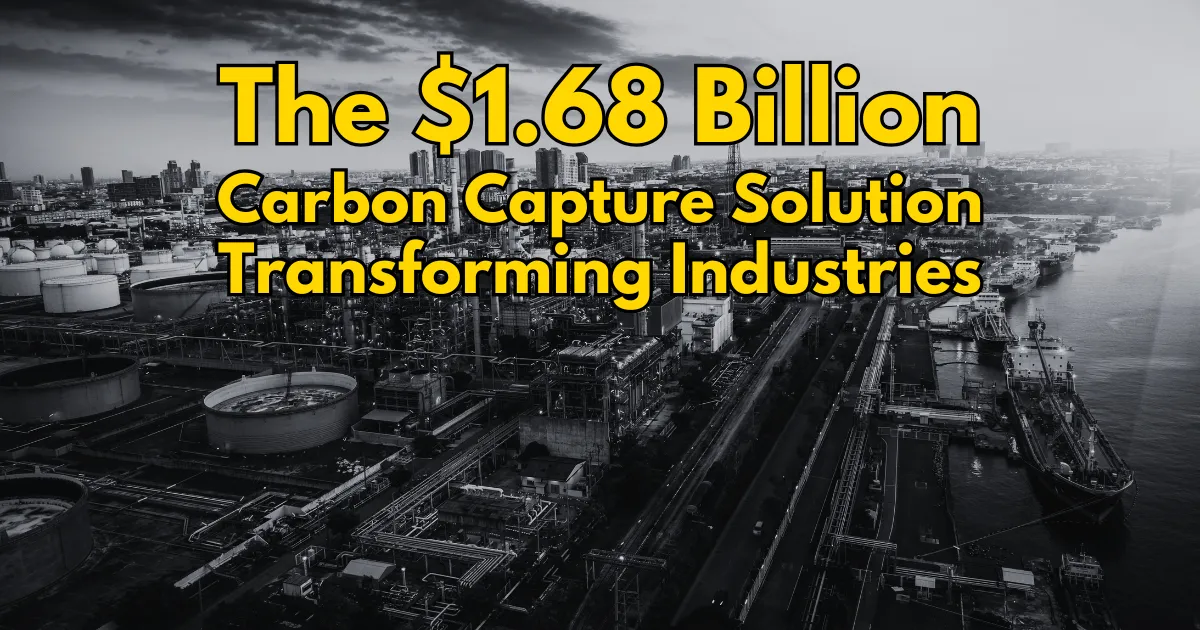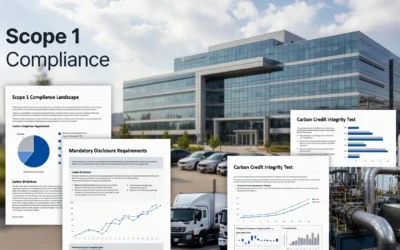In the relentless pursuit of climate change solutions, a game-changing material is turning heads across multiple industries: biochar. Once a niche agricultural product, biochar is now projected to ignite a $1.68 billion market by 2032, boasting a compound annual growth rate of 13.4%. Companies like Dynamic Carbon Credits are harnessing its immense potential, scaling production to meet national demand and revolutionizing manufacturing processes along the way.
What Is Biochar and Why It Matters
Biochar is a carbon-rich material produced through pyrolysis—the thermal decomposition of organic biomass (like wood chips or agricultural waste) in the absence of oxygen. This process locks carbon into a stable form that can endure in soil and materials for centuries, effectively sequestering carbon dioxide that would otherwise contribute to atmospheric greenhouse gases.
But biochar isn’t just a carbon sink. Its unique properties make it a versatile material with applications spanning:
- Agriculture
- Construction
- Manufacturing
- Environmental Remediation
Dynamic Carbon Credits: Scaling Biochar Production Nationwide
At the forefront of this revolution is Dynamic Carbon Credits (DCC). By establishing production facilities across the country, DCC ensures a consistent and ample supply of high-quality biochar. This national-scale production not only meets the burgeoning demand but also reduces transportation emissions by localizing supply chains.
“We’re not just producing biochar; we’re integrating it into the fabric of modern industry,” says Beau Parmenter, CEO of Dynamic Carbon Credits. “Our goal is to make biochar a standard component in manufacturing processes, contributing to a sustainable and carbon-negative future.”
Transforming Manufacturing Processes
Dynamic Carbon Credits is actively collaborating with companies eager to incorporate biochar into their manufacturing processes. The benefits are twofold: enhancing product performance while embedding carbon sequestration into everyday goods.
Reinventing Construction Materials
In the construction industry, biochar is being added to concrete and asphalt, yielding significant advantages:
- Improved Strength and Durability: Biochar enhances the structural integrity of building materials.
- Carbon Sequestration: Incorporating biochar permanently locks carbon within infrastructure.
- Reduced Weight: Lighter materials can reduce transportation costs and structural load.
Innovating Consumer Goods
Manufacturers of consumer products are exploring biochar as an additive in:
- Plastics and Composites: Enhancing thermal properties and material strength.
- Textiles: Improving moisture-wicking capabilities and durability.
- Packaging: Creating sustainable, biodegradable packaging solutions.
- Product Manufacturing: Offset other ingredients with a fire proof, light carbon storage biochar.
Advancing Environmental Applications
Biochar’s porous structure makes it ideal for:
- Water Filtration: Removing contaminants from water in both industrial and municipal applications.
- Soil Remediation: Binding toxins and improving soil health in contaminated areas.
Revolutionizing Agriculture
While biochar’s industrial applications are expanding, its agricultural roots remain deeply significant. Farmers are incorporating biochar into soils to:
- Enhance Nutrient Retention: Reducing the need for chemical fertilizers.
- Improve Water Holding Capacity: Mitigating drought impacts and conserving water.
- Promote Microbial Activity: Fostering a healthy soil ecosystem.
- Increase Crop Yields: Leading to higher productivity and food security.
Biochar in a Circular Economy
Biochar production aligns perfectly with the principles of a circular economy:
- Waste Utilization: Converts agricultural and forestry residues into valuable products.
- Resource Efficiency: Minimizes waste by repurposing biomass that would decompose or be burned.
- Environmental Benefit: Reduces greenhouse gas emissions through carbon sequestration.
A Sustainable Solution for Future Generations
As global efforts intensify to limit climate change, biochar presents a scalable and practical solution:
- Meeting Regulatory Standards: Helps companies comply with tightening environmental regulations.
- Achieving ESG Goals: Supports corporate commitments to environmental, social, and governance criteria.
- Generating Carbon Credits: Provides tangible assets in carbon trading markets.
Aligning with the Paris Agreement
Biochar’s ability to deliver negative emissions is critical for meeting the targets of the Paris Agreement. By sequestering carbon effectively and efficiently, biochar offers a viable pathway to limit global warming.
Join the Biochar Movement with Dynamic Carbon Credits
The biochar revolution is not a distant future—it’s happening now. Dynamic Carbon Credits invites manufacturers, agriculturalists, environmental organizations, and innovators to join this transformative journey.
Why Partner with Dynamic Carbon Credits?
- Expertise and Experience: Leverage DCC’s knowledge in biochar production and application.
- Quality Assurance: Receive consistent, high-quality biochar suitable for various industrial uses.
- Customized Solutions: Collaborate on integrating biochar into your specific processes and products.
- Sustainability Impact: Contribute to a carbon-negative initiative with measurable environmental benefits.
- Verified Carbon Offset Credits: Fill the gap to your Net Zero goals.
Let’s Build a Carbon-Negative Future Together
Whether you’re aiming to enhance your products, reduce your carbon footprint, or pioneer sustainable technologies, biochar offers unprecedented opportunities.
Ready to revolutionize your industry and the environment?
Contact Dynamic Carbon Credits today to explore how biochar can propel your business into a sustainable, prosperous future.





